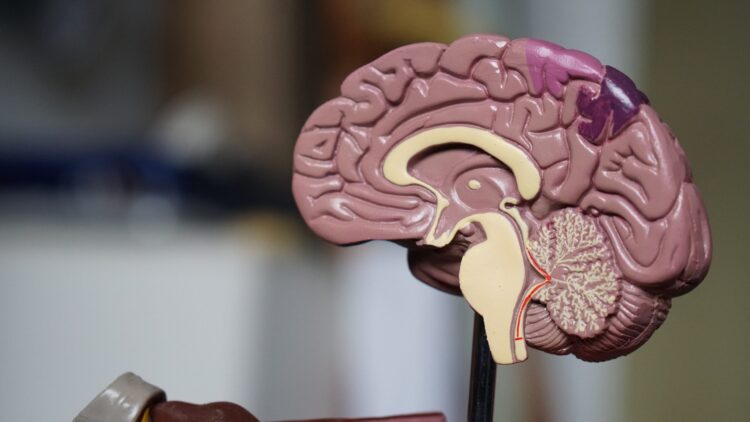Barbarossa
Member
- Joined
- Dec 27, 2018
- Messages
- 82
Hello,
for some time now I have been suffering from breathing difficulties during exertion.
I also have to constantly self-control my breathing and often breathe in a concentrated manner.
During exertion my body does not react properly and does not increase the breathing rate and I then get short of breath or can hardly put any weight on myself. When resting or lying down, I have the feeling that the respiratory muscles are not working properly. When moving quickly, like getting up from a lying position or turning while lying down, I get palpitations and heart palpitations. I feel as if my autonomic nervous system is disturbed. My eyes are always dry, as is my mouth. I know that the Parasympathetic Cholinergic System has the task to produce tears but it does not work for me. Could it also be that I get breathing problems and dry glands due to too little choline in my body?
I have had a pituitary tumor that is also active for a few years, have had elevated ACTH levels since 2017 but no firm diagnosis because my cortisone fluctuates.
Could be the pituitary gland tumor be my main problem behind those symptoms? I read that the pituitary gland controls the autonomic nervous system. My Tumor is active last ACTH was 122 (60> normal)
I need help really
for some time now I have been suffering from breathing difficulties during exertion.
I also have to constantly self-control my breathing and often breathe in a concentrated manner.
During exertion my body does not react properly and does not increase the breathing rate and I then get short of breath or can hardly put any weight on myself. When resting or lying down, I have the feeling that the respiratory muscles are not working properly. When moving quickly, like getting up from a lying position or turning while lying down, I get palpitations and heart palpitations. I feel as if my autonomic nervous system is disturbed. My eyes are always dry, as is my mouth. I know that the Parasympathetic Cholinergic System has the task to produce tears but it does not work for me. Could it also be that I get breathing problems and dry glands due to too little choline in my body?
I have had a pituitary tumor that is also active for a few years, have had elevated ACTH levels since 2017 but no firm diagnosis because my cortisone fluctuates.
Could be the pituitary gland tumor be my main problem behind those symptoms? I read that the pituitary gland controls the autonomic nervous system. My Tumor is active last ACTH was 122 (60> normal)
I need help really



